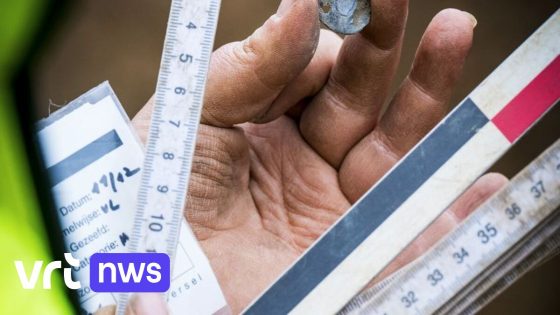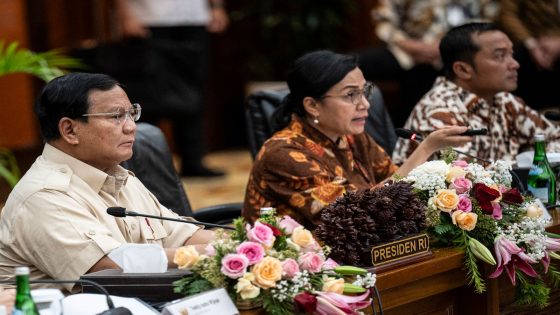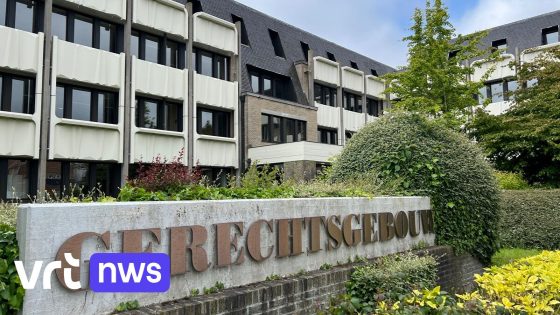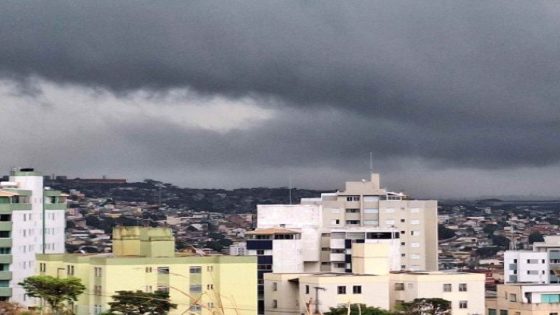Recent archaeological discoveries at Antwerp’s Vrijdagmarkt have unveiled fascinating artifacts, shedding light on the city’s rich history. Among these finds are a polished stone axe from prehistoric times and unique pottery from the Iron Age. What stories do these relics tell about life in ancient Belgium?
- Oldest finds date back to prehistory.
- Polished stone axe and pottery discovered.
- Roman period artifacts include roof tiles.
- Unique 14th-century religious ring found.
- Mayor De Wever comments on historical significance.
- Inscription reflects a plea to Mother God.
Antwerp’s Vrijdagmarkt: A Treasure Trove of Historical Artifacts
What secrets lie beneath Antwerp’s bustling streets? The recent excavation at Vrijdagmarkt has uncovered remarkable items that date back to various eras, including the Roman period and even earlier. Each find adds depth to our understanding of Antwerp’s past.
Diverse Discoveries Reflecting Antwerp’s Rich Heritage
The artifacts discovered include:
- A polished stone axe from prehistory.
- Handmade pottery dating back to the Iron Age.
- Roman roof tiles and millstone fragments used for grain processing.
- An exceptional 14th-century religious ring inscribed with a Latin plea for remembrance.
The Significance of the 14th-Century Religious Ring
This extraordinary ring is particularly noteworthy. It features an inscription that translates to “Mother of God, remember me.” Such personal appeals highlight the spiritual beliefs of individuals during that time. How does this connect us with our ancestors’ hopes and fears?
A Glimpse into Daily Life in Ancient Times
The everyday items found, like millstones and pottery, provide insight into daily activities such as food preparation and domestic life. They remind us that while technology has evolved, some human experiences remain timeless—cooking, worshipping, and seeking protection through symbols.
The Role of Archaeology in Understanding History
Archaeology plays a crucial role in piecing together our past. Each artifact tells a story waiting to be uncovered. As we learn more about places like Antwerp’s Vrijdagmarkt, we also learn about ourselves—our origins and shared humanity across generations.
This exploration invites us all to reflect: what will future generations discover about us?

































